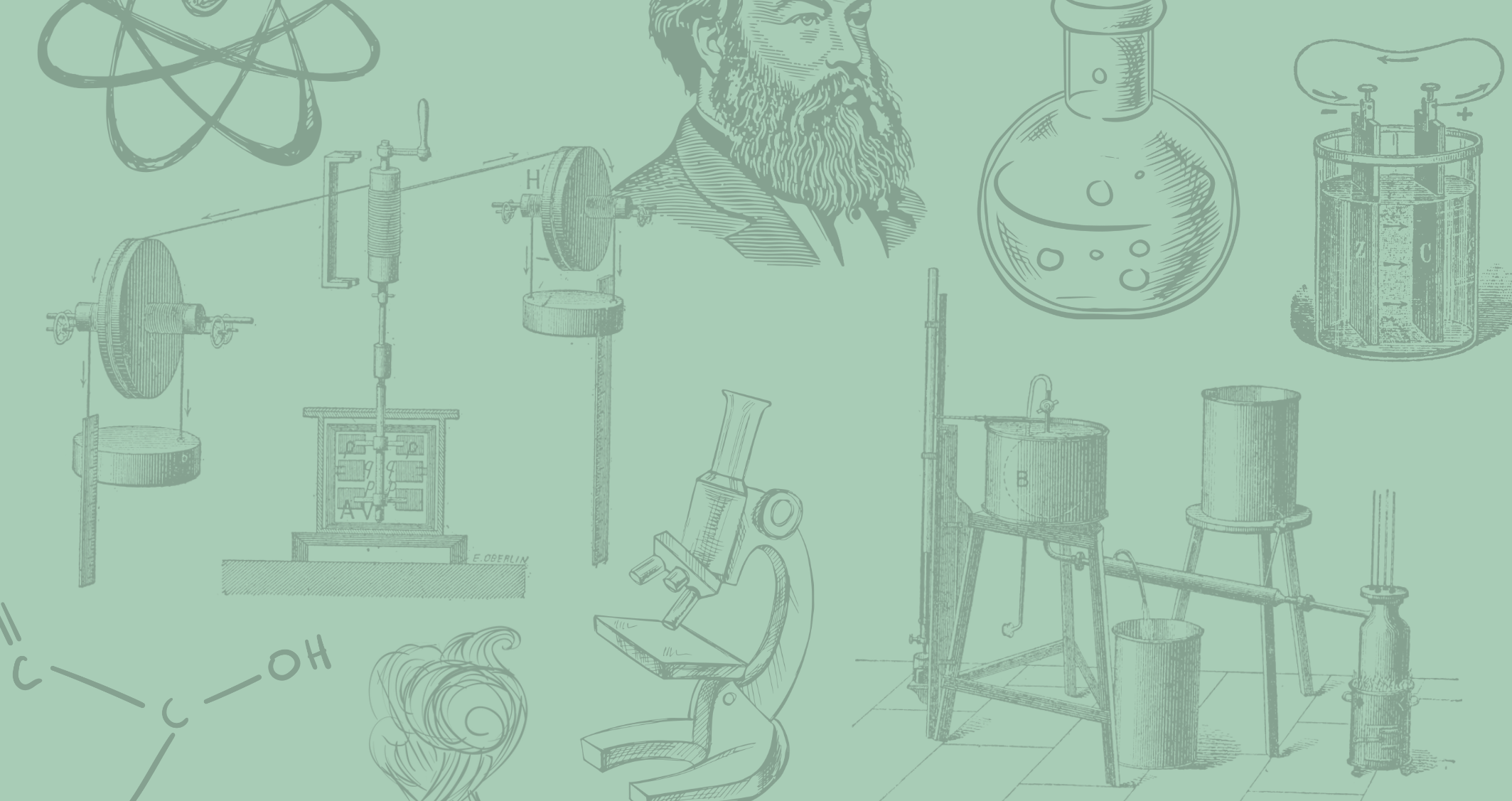
Chemistry of engineering materials
“The midterms are always harder than you expect.”
- What many students from last year thought
OVERVIEW
I feel like when it comes to chem, students either love it or hate it. If you’re worried about not being prepared for first semester’s chem, don’t worry! Many students found much of the content was new, with only a little bit being review from high school.
One of my favourite parts about this class was how engineering-focused the content is. Many of the questions we faced last year were situational, meaning you had to apply chemistry topics in an engineering setting.
The teaching team last year was composed of multiple professors, each with their own specialty. They each wrote their own exam questions, so asking them for help after class was really helpful to gain more insight as to what material would be tested.
Some of the broad categories of topics you’ll learn include chemical compounds, thermodynamics, alloys, semi-conductors, properties of solids, etc.
BEST TIPS FROM LAST YEAR
Understand the formulas
When in doubt, just follow the formula sheet, but that advice doesn’t apply if you don’t understand all of the formulas. Even if it’s a formula you’ve only used once, last year, it wasn’t uncommon for surprise questions on exams and midterms. Knowing how to use all of the formulas can give you an edge.
The Quizzes are awesome
Last year, every week, we’d have a five-minute quiz during our tutorials to cover the week’s concepts. They’re worth a significant amount of your grade. Make sure you’re always listening closely to what your TA is teaching you during your tutorials, because it really helped us with our quizzes. DO NOT be afraid to ask your TA questions before the quiz actually starts; it can help save you a lot of trouble. Doing well on the quizzes helps you do well in the class and keep up with the content.
Make sure you’re actively listening in class
Since last year’s teaching team was made up of various specialized professionals, once they finished teaching their unit, it was much harder to reach them once they left. Make sure you’re asking questions as often as possible, because they tend to be the ones who write the exam questions.
Practice Calculations More than the theorY
As much as the theory in the class was important, on the exam, the calculations were the bulk of the questions. For me, I found focusing most of my studies on nailing the calculations was more effective than memorizing all of the theory we looked at in the course. (Keep in mind that the theory and the calculations are heavily interlinked, so you still need to know theory).
VIDEO RESOURCES
Here are some of my favourite videos I referred to throughout the semester. It really helped me practice calculations and understand more complex topics that just didn’t click in class. Sometimes, hearing a difficult concept explained by a different person can make all the difference.
This guy always gets to the point. Good video for visualizing unit cells and what it means.
If you're having trouble understanding semi-conductors, this is a good video that explains the theory.
Good Hess's Law video. Goes well into the calculations and can help better understand the concept, especially if you're rusty from high school.
There are some AMAZING YouTube channels out there for chem, but The Organic Chemistry Tutor and Professor Dave Explains are just… wonderful. In my opinion, The Organic Chemistry Tutor is better for going more in-depth into calculations and how to solve situational problems, while Professor Dave Explains is better for a “short and sweet” overview of concepts (and from a very enthusiastic science-lover; never fails to brighten my day). Keep in mind: the concepts covered in this class tend to be a surface-level overview, so relying too much on YouTube videos can result in a) overstudying and b) straying too far from the course content. Always stick to the actual content learned in class when in doubt.
Another thing with the videos: last year, on OnQ, the teaching team provided links to YouTube videos that explained concepts really well. I would recommend those videos as well.
STUDYING FOR EXAMS
Last year, I felt the midterms/exams were harder than I expected. Here are a few things I’d have to say on the topics of midterms/exams:
It wasn’t uncommon to have surprise questions: unexpected formulas, questions that were a bit tricky… anything like that. Be ready to face content you’re not as familiar with.
Studying from previous exams is helpful… but you can’t rely on it. Last year, the course was almost entirely redone and updated (it gets updated every year, but the changes were so dramatic that it was pointless to study off of the old exams). Instead, practice with old tutorials problems and the quiz preparations questions (the ones at the end of the lecture slides).
They always felt harder than we expected. In my opinion, our chem midterms were some of the worst last year, but the grading seemed to be more generous than we expected. As long as you study efficiently, don’t get too demoralized by the midterm/exam vibes.
More emphasis on thermodynamics for the final exam. Generally, for university exams, I find there’s more emphasis on the content that wasn’t covered in the midterm on the final exam. For us, this was thermodynamics. Mastering thermo was a great strategy to make sure I was studying efficiently.
Email/ask as many questions as possible: the best time to ask questions is right after class ends. Do your best to ask as many questions as you can until you feel that you could teach someone else what you’ve learned in class.


